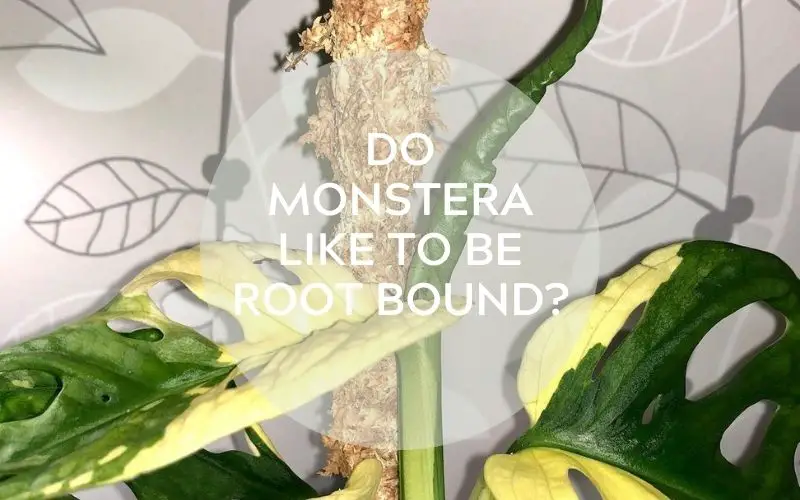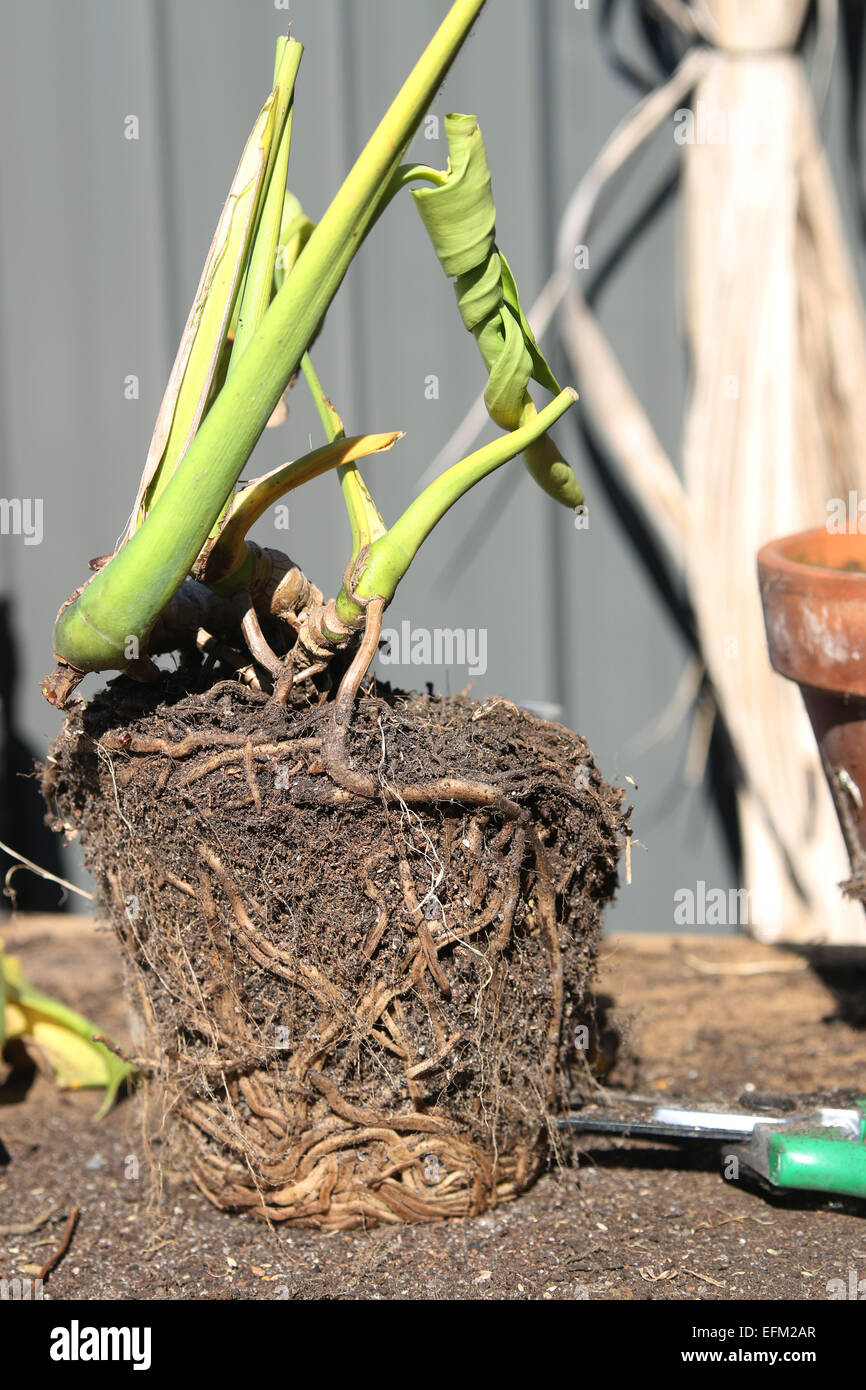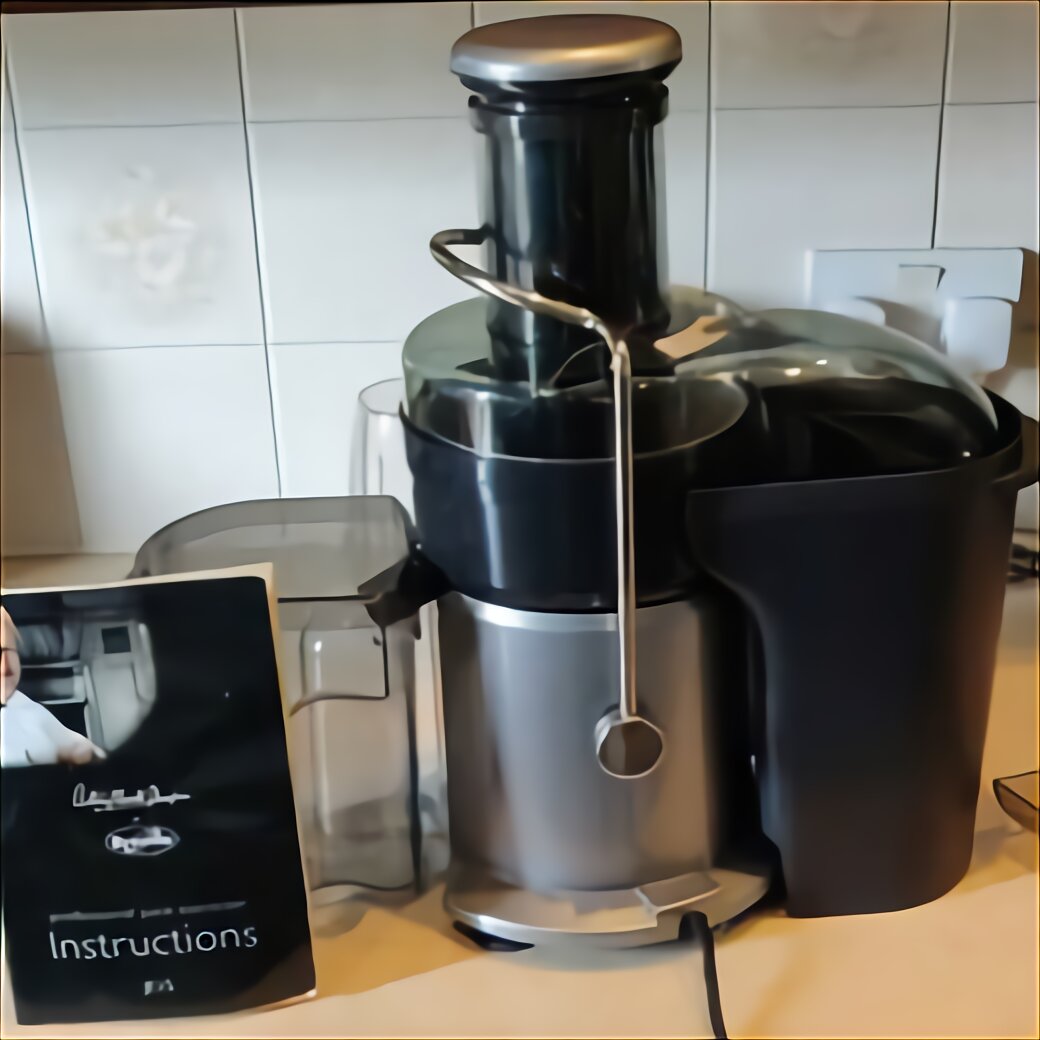Philodendron Monstera Deliciosa is a popular houseplant grown for its large, glossy leaves that bring a tropical vibe to any room. However, like any plant, it requires a certain amount of care and attention to thrive. One question that often arises is whether Monstera plants like to be root bound or not.
The answer to this question is somewhat complex and depends on the age and size of the plant, as well as the size of the pot it is in. Monstera plants are known for their vigorous growth, and as they mature, they can quickly outgrow their pots. When a plant becomes root bound, it means that the roots have filled up the pot and have nowhere else to go, causing the plant to stop growing or even become stunted.
While some plants may exhibit signs of stress when they become root bound, Monstera plants are generally quite resilient and can tolerate being slightly root bound for a short period of time. In fact, some growers believe that allowing a Monstera plant to become slightly root bound can actually stimulate new growth and help the plant produce more leaves.
However, there is a limit to how much a Monstera plant can tolerate being root bound. If a plant is severely cramped in its pot and its roots are tightly wound around each other, it may begin to exhibit signs of stress such as yellowing or drooping leaves. In this case, it is best to transfer the plant to a larger pot with fresh soil so that it can resume healthy growth.
When deciding whether or not to repot your Monstera plant, it is important to consider several factors. First, consider the size of the plant and the pot it is currently in. If the plant has outgrown its pot and is becoming root bound, it will need to be repotted in a larger container. In general, a good rule of thumb is to choose a pot that is one size larger than the current pot, but not too much larger. This will give the roots room to grow without overwhelming the plant with too much space.
When repotting your Monstera plant, it is important to use a high-quality potting mix that is well-draining and rich in nutrients. This will help ensure that your plant stays healthy and vibrant. After repotting, be sure to water the plant thoroughly and monitor its growth over the coming weeks to ensure that it is adjusting well to its new home.
In conclusion, while Monstera plants can tolerate being slightly root bound, it is important to monitor their growth and repot them as needed to ensure that they have enough room to grow and thrive. With proper care and attention, your Monstera plant can become a stunning centerpiece in any room.
If you are searching about Now that is the most root bound monstera I've ever seen. : houseplants you’ve visit to the right web. We have 8 Pictures about Now that is the most root bound monstera I've ever seen. : houseplants like Now that is the most root bound monstera I've ever seen. : houseplants, Do Monstera Like To Be Root Bound? When Should You Repot It? – Gardener and also Do Monstera Like To Be Root Bound? When Should You Repot It? – Gardener. Here you go:
Now That Is The Most Root Bound Monstera I've Ever Seen. : Houseplants

www.reddit.com
monstera houseplants
Do Monstera Like To Be Root Bound? When Should You Repot It? – Gardener

www.gardenerstoolbox.com
Do Monstera Like To Be Root Bound? Tips To Get Rid Of It

dignursery.com
Do Monstera Like To Be Root Bound? | Monstera, Plant Guide, Plant Problems

www.pinterest.de
monstera
Root Bound Split Leaf Philodendron Monstera Deliciosa Needs To Be Stock

www.alamy.com
philodendron monstera leaf deliciosa split bound root needs alamy
Monstera Cutting So Root Bound I Had To Smash The Pot To Get It Out

www.reddit.com
monstera
My New Monstera Was A Tad Bit Root Bound… : Houseplants

www.reddit.com
monstera root bound tad bit comments houseplants
Root Rot In Monstera: How To Diagnose And Save It – Bloomsprouts

bloomsprouts.com
monstera diagnose rinsing
Monstera root bound tad bit comments houseplants. Do monstera like to be root bound?. Monstera diagnose rinsing
 markanthonystudios.net Mark Anthony Studios Site
markanthonystudios.net Mark Anthony Studios Site


